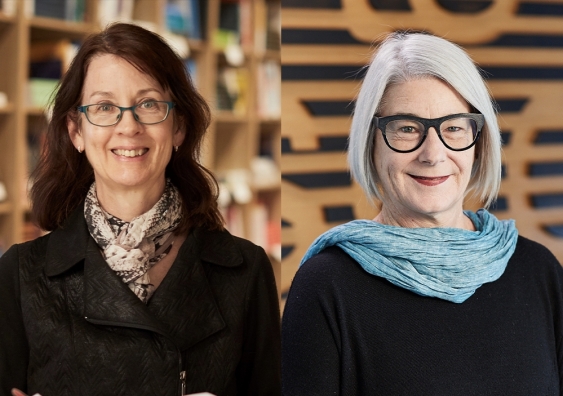UNSW Sydney joins $71.1 million ARC Centre of Excellence to improve automated decision making
FASS professors Deborah Lupton and Leanne Dowse are part of a multi-university project to ensure autonomous decision-making technologies are used ethically, responsibly and inclusively.


